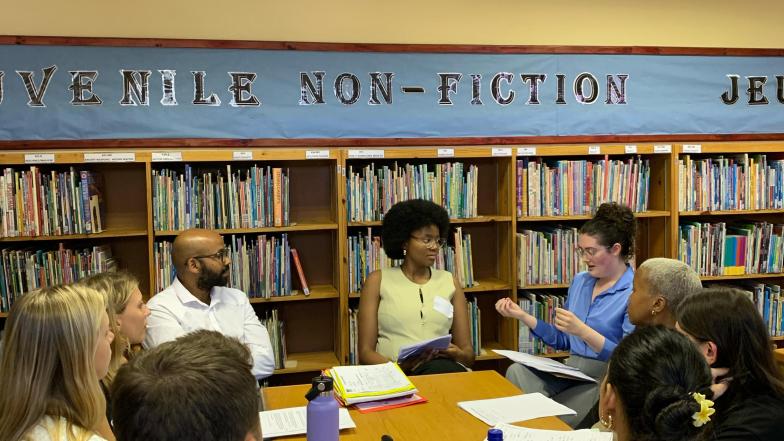The central mission of the UCT Law Clinic - being a legal aid service based at the University of Cape Town - is to provide students with an excellent clinical legal education (CLE) whilst promoting access to justice for those who would otherwise not have the means.
To achieve this mission, the UCT Law Clinic aims to:
- provide education in a legal clinical environment to develop multi-culturally responsive and ethical legal professionals, and
- provide legal advice and promote improved opportunities for access to justice for clients, drawn from Cape Town and surrounding communities.
In terms of legal advice and access to justice, the UCT Law Clinic seeks to:
- provide legal assistance to persons who qualify in terms of the means test prescribed by the statutory Legal Aid Board and the guidelines laid down by the Law Society of the Cape of Good Hope, but subject to the discretion of the Director and/or the Clinic attorneys
- treat everyone with empathy, dignity and respect, without discrimination on the basis of race, gender, sex, pregnancy, marital status, ethnic or social origin, colour, sexual orientation, age, disability, religion or language.
- provide an efficient, professional and quality service, serving all clients to the best of the Clinic’s ability and maintaining the confidentiality of clients
- establish and operate satellite clinics in the Western Cape
- promote social justice and build communities through advocacy
- be fair, unbiased and accountable.
The UCT Law Clinic’s objective regarding student legal education is to assist students with acquiring knowledge and skills through structured and supervised clinical education experiences and learning assignments. The clinical education component of the UCT LLB programme is viewed as a dynamic process where students participate actively in learning to apply academic information to clinical practice through working with clients who have various types of legal problems.
The legal education goals of the UCT Law Clinic are to prepare attorneys who demonstrate strengths in:
- analysis and synthesis of information, from a broad knowledge of legal practice
- inquiry and decision making
- a problem-solving attitude
- the use of appropriate evidence in the interests of ethical and responsible professional legal conduct
- extracting information and evaluation of credible legal options
- identification of relevant practical action for clients with a variety of legal issues
- effective and professional communication
- self-evaluation and reflective skills resulting in active steps to develop/refine legal competencies and extend their knowledge base
Underpinning the Law Clinic's approach to legal education and advocacy are the Clinic's efforts to foster social consciousness, a commitment to lifelong learning and an engaged citizenry.

